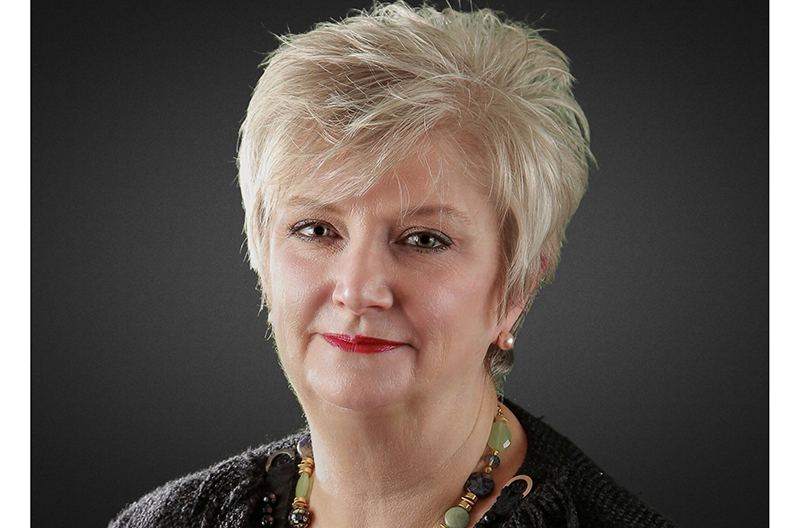“Numbers don’t lie,” said Peggy Davies, president of the New York-based Private Label Manufacturers Association.
And the numbers to which she was referring show that retailers have seen a steady increase of private label sales since the onset of the COVID-19 pandemic. The figures could reach an all-time high.
“Store brand dollar sales in the U.S. continue their steady gains for the first nine months of this year,” Davies said. “Overall, sales increased by double digits, or plus 10.2 percent, through Oct. 2. That’s nearly twice the growth of national brands, which improved by 5.6 percent, according to IRI,” she said.
Store brands are on pace to reach “close to $220 billion” in sales for 2022, according to Davies. September saw a 12 percent advance in private label, while national sales added 6.5 percent. Store brand sales to date have accounted for 18.4 percent market share this year, or about $168 million.
Store brands continue to outperform national brands in unit sales as store brands are off just 1.5 percent, while national brands have declined 4.2 percent, Davies said. “In September, store brand unit sales were nominally even, at negative .8 percent while national brands shed 4.9 percent. Comparative unit sales figures are seen as a good indicator of shoppers switching to store brands from national brands.”
Private label has seen growth across departments, Davies explained.
“Looking at the 17 individual food and nonfood departments for the 52 weeks ending Oct. 2, store brand sales are up in 15 of them. That includes double-digit increases in nine – deli prepared, floral, liquor, beverages, refrigerated, bakery, produce, deli meat and general food.”
Only home care and tobacco store brand sales are down.
The increase, according to Davies, can be attributed to a number of factors. In the face of mounting issues such as record inflation, supply chain problems and threats of a recession, consumers are adapting and shopping smarter.
“We believe that during this difficult economic time, consumers have been able to maintain their ability to purchase high quality, great value food and non-food grocery items by purchasing store brands for their families,” Davies said. “We aren’t surprised by this buying behavior. During the 2008 recession and the years following, store brand sales increased sharply.”
In a PLMA survey at the time of the 2008 recession, shoppers nationwide reported a “high degree of satisfaction” with store brand products they purchased for the first time.
“We’ve learned there’s a significant positive carry-forward effect for store brands each time an economy-related bump in sales occurs,” Davies said.
Alongside economic factors, private labels market themselves based on shopper preferences. As holistic health and product knowledge becomes more prevalent among consumers, retailers have made strides to keep their products up to standards.
“Overall, quality and innovation have been driving the industry. In fact, with our upcoming show in Chicago we’re seeing unique categories such as plant-based foods, CBD-hemp, wine and spirits and international offerings emerging,” Davies said.
Set for Nov. 13-15 in Chicago, PLMA’s Annual Private Label Trade Show will be held in person for the first time in three years. Alongside the other emerging categories, 24 countries will have displays touting their products.
“Innovative products will also be showcased in the Idea Supermarket, which includes new products from this year’s exhibitors in the New Product Expo section,” Davies said. “In the Salute to Excellence area are award-winning items as selected by a panel of consumers and industry experts as nominated by the retailers themselves. This year’s nominations included six retailers submitting for the first time.”
For more information, visit plma.com.
To read more association news from The Shelby Report, click here.

